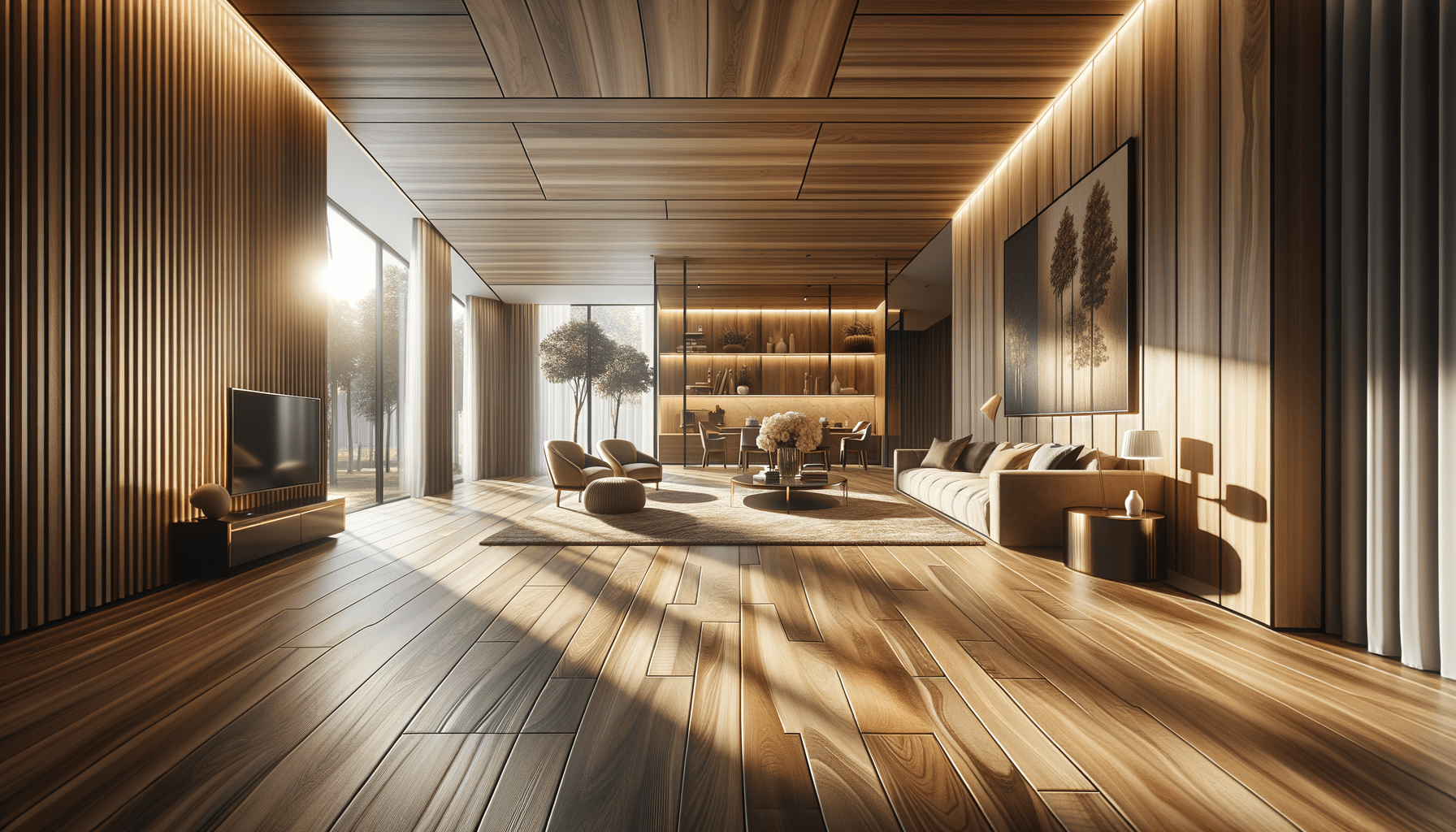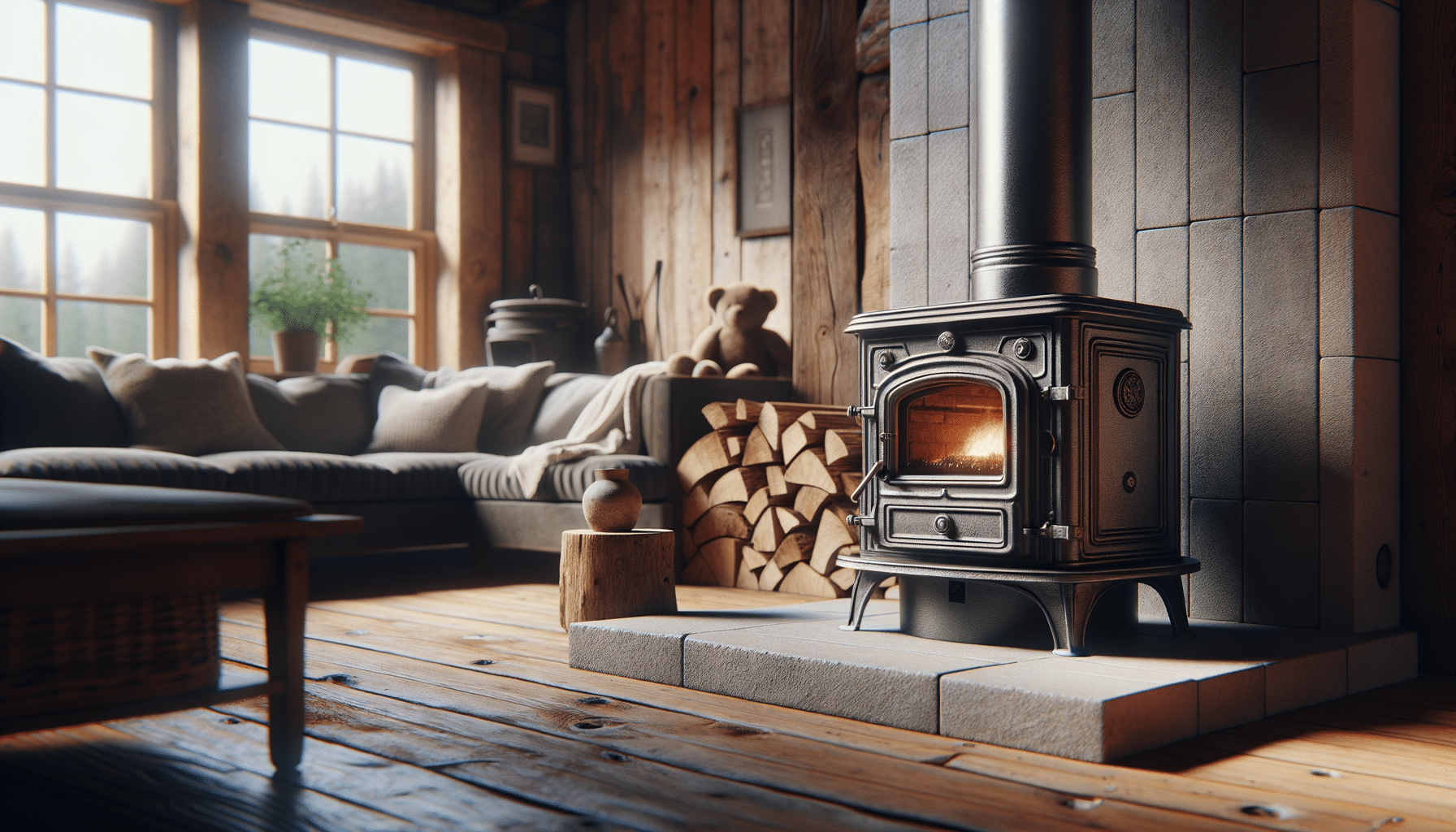
The comprehensive guide to choosing luxury vinyl plank flooring
Introduction to Luxury Vinyl Plank Flooring
In recent years, luxury vinyl plank (LVP) flooring has become a popular choice among homeowners and interior designers alike. Its appeal lies in its ability to mimic the look of hardwood or stone while offering a level of durability and ease of maintenance that these traditional materials often cannot match. As more people seek affordable yet stylish flooring solutions, LVP has emerged as a frontrunner in the flooring industry. This article explores the various aspects of luxury vinyl plank flooring, providing insights into why it has become a preferred option for many.
Understanding the Composition and Design
Luxury vinyl plank flooring is crafted from multiple layers, each contributing to its resilience and aesthetic appeal. The core layers typically consist of PVC vinyl, which provides flexibility and strength. Above this, a printed design layer is applied, which can replicate the appearance of a wide variety of natural materials such as oak, maple, or even marble. This is topped with a protective wear layer that shields the surface from scratches and stains.
The design possibilities with LVP are virtually limitless. Advanced printing technologies allow manufacturers to create highly realistic textures and patterns, making it difficult to distinguish LVP from real wood or stone. Some planks even feature embossed surfaces that enhance the illusion of natural grain and stone textures, adding depth and authenticity to the flooring.
For those looking to customize their spaces, LVP offers a range of design options. Whether you prefer a rustic, weathered wood look or a sleek, modern stone finish, there is likely an LVP product that fits your vision. This versatility in design makes LVP suitable for any room in the house, from kitchens and bathrooms to living rooms and bedrooms.
Benefits of Choosing Luxury Vinyl Plank Flooring
Luxury vinyl plank flooring is celebrated for its numerous benefits, making it an attractive option for many homeowners. One of the most significant advantages is its durability. LVP is designed to withstand heavy foot traffic, making it ideal for busy households and commercial spaces. Its water-resistant properties make it particularly suitable for areas prone to moisture, such as bathrooms and kitchens.
Another benefit is the ease of maintenance. Unlike hardwood, which requires regular waxing and polishing, LVP only needs simple cleaning with a damp mop and mild detergent. This low-maintenance characteristic is a major draw for those with hectic lifestyles or who prefer not to spend excessive time on home upkeep.
Additionally, LVP is known for its comfort underfoot. It provides a softer, warmer surface compared to traditional tile or stone, which can be cold and unforgiving. Furthermore, LVP often includes a sound-absorbing underlayer, which reduces noise and adds to the comfort of walking on it.
Installation and Cost Considerations
Installing luxury vinyl plank flooring is generally more straightforward than other types of flooring, such as hardwood or tile. Many LVP products feature a click-lock installation system, which allows the planks to be easily snapped together over an existing subfloor. This can significantly reduce installation time and labor costs, making it an attractive option for DIY enthusiasts.
In terms of cost, LVP is typically more affordable than hardwood or natural stone options. While prices can vary based on the quality and design of the product, LVP generally offers a cost-effective solution for those looking to achieve a luxurious look without breaking the bank. Moreover, the longevity and low maintenance requirements of LVP can lead to cost savings in the long run, as there is less need for repairs or replacements.
It is important to consider the overall budget and specific needs of your space when choosing LVP. Investing in high-quality LVP can ensure better performance and longevity, making it a wise choice for those seeking both style and practicality.
Environmental Impact and Sustainability
As environmental awareness grows, many consumers are considering the sustainability of their flooring choices. Luxury vinyl plank flooring offers several eco-friendly advantages. Some manufacturers produce LVP using recycled materials, reducing the demand for new resources and minimizing waste. Additionally, LVP’s long lifespan means it does not need to be replaced as frequently, which contributes to reduced environmental impact over time.
However, it is essential to be mindful of the manufacturing processes and materials used in LVP production. Opting for products from companies that prioritize environmentally responsible practices can help ensure that your flooring choice aligns with sustainable values. Look for LVP that is free from harmful chemicals such as phthalates and has low emissions of volatile organic compounds (VOCs).
In summary, while luxury vinyl plank flooring provides an appealing and versatile option for many, it’s important to consider the environmental impact and choose products that support sustainability. By doing so, you can enjoy the benefits of LVP while contributing to a more sustainable future.
Conclusion: Making an Informed Decision
Luxury vinyl plank flooring offers a compelling blend of style, durability, and affordability, making it a popular choice for various spaces. With its realistic designs and practical benefits, LVP can transform any room into a stylish haven. By understanding the composition, benefits, installation, and environmental aspects of LVP, you can make an informed decision that meets your needs and budget. Whether you are renovating a single room or redecorating an entire home, luxury vinyl plank flooring presents a versatile and practical solution that can enhance your living environment.


